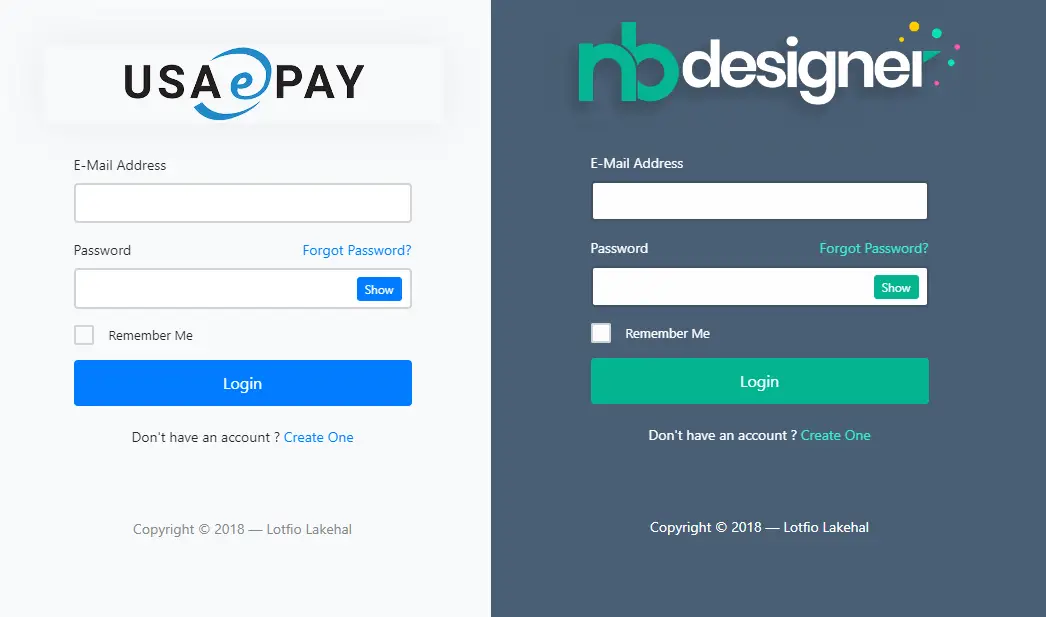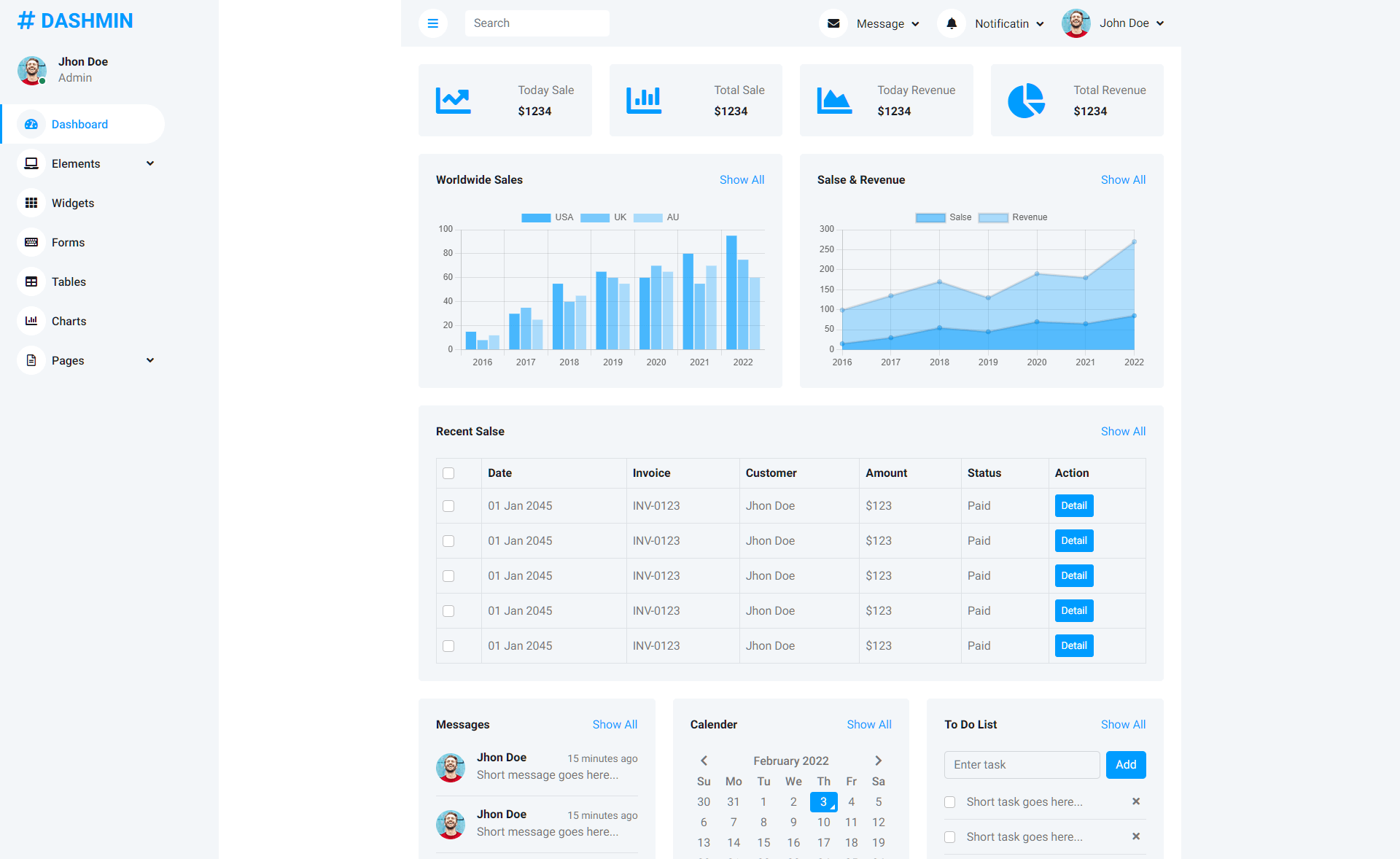Marking Deprecated Code as Obsolete in C#
By Tan Lee Published on Jan 09, 2025 475
To mark the code, use the [Obsolete] attribute. You can mark methods like this:
[Obsolete("Use SaveChangesAsync() instead")]
public void SaveChanges()
{
var context = _dbContextFactory.CreateDbContext();
context.SaveChanges();
}Or, you can mark entire classes as obsolete:
namespace MyApp
{
[Obsolete("This class is no longer supported. Please use the NewFeature class.")]
public class OldFeature
{
public int Id { get; set; }
public string Name { get; set; }
}
}When you mark code with [Obsolete], a compiler warning will appear when you try to use the method or class.
'OldFeature' is obsolete: 'This class is no longer supported. Please use the NewFeature class.'
You can also trigger an error when the obsolete code is used by setting the second parameter of [Obsolete] to true:
[Obsolete("Use SaveChangesAsync() instead", true)]
public void SaveChanges()
{
var context = _dbContextFactory.CreateDbContext();
context.SaveChanges();
}With this configuration, the compiler will throw an error when someone tries to call SaveChanges():
'SaveChanges' is obsolete: 'Use SaveChangesAsync() instead.'
Deprecation vs. Obsolescence
Deprecation and Obsolescence are often used interchangeably but have distinct meanings in programming.
Deprecated code is still supported and functional but is planned for removal in future versions. Deprecation is a way of warning developers that they should transition to newer code, such as a new method or class.
Obsolete code refers to code that is no longer supported, often removed from the codebase entirely, or deemed irrelevant. Calling obsolete code is considered risky as it may not behave as expected, and it's often kept only for compatibility with existing code while newer alternatives are introduced.
What if I confuse the terms?
Don’t worry you're not alone! Even Microsoft has occasionally mixed the terms.
For example, while the attribute is called [Obsolete], the compiler warning sometimes uses the word “Deprecated.”
The key is to provide a clear message in the [Obsolete] attribute to help developers transition smoothly to the new solution.





